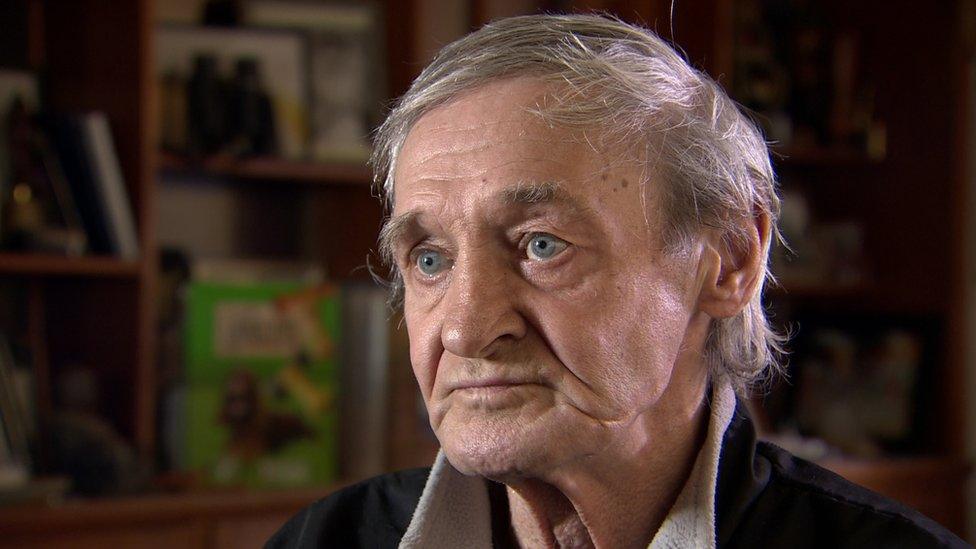National Archives: Thatcher and Major clashed over economy
- Published
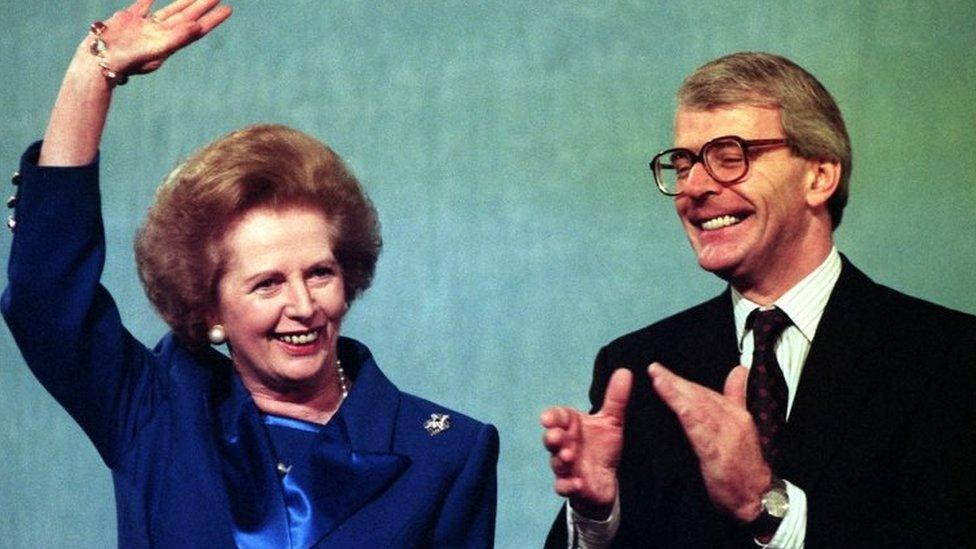
Margaret Thatcher clashed with John Major over his handling of the economy, just weeks after she resigned as prime minister, government files reveal.
The National Archives' document shows the pair had a heated discussion in January 1991.
Mrs Thatcher warned her successor as PM that he was on the verge of making an "historic error" about interest rates.
She was also angry about his plans to abandon one of her signature policies, the poll tax.
Mrs Thatcher, who was Conservative prime minister between 1979 and 1990, had previously made clear Mr Major, who went on to serve as prime minister until 1997, was her chosen successor.
However, as time went on, and Mr Major spoke of his desire for "compassionate" Conservatism, she became suspicious that he intended to pursue his own course.
Mr Major wrote to Mrs Thatcher on Boxing Day 1990 and invited her to a meeting where they might air - and resolve - their differences.
During the meeting, which took place in Mr Major's room in the House of Commons on 3 January 1991, Mrs Thatcher warned that "excessively high" interest rates risked pushing the UK's economy into recession.
She compared the position to Winston Churchill's decision as chancellor in 1925 to fix the parity of the pound at a high level. This led to deflation, mass unemployment and the General Strike.
"Mrs Thatcher said conditions on the economy were very tough indeed," the official minute of the meeting said. "She believed that there was a danger of repeating Winston Churchill's historic error."
Mr Major retorted that the situation in 1991 "was not remotely comparable".
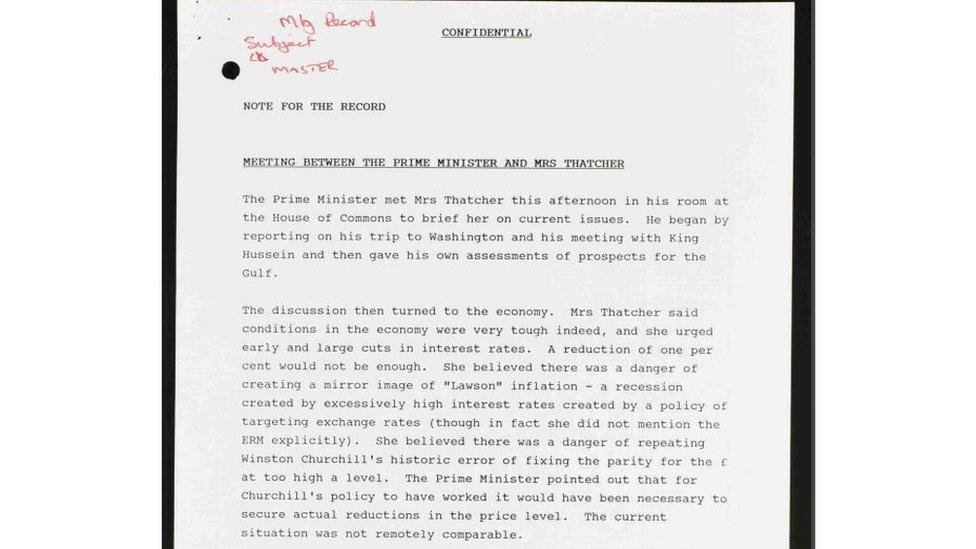
The government files have been released by the National Archives
But in September 1992, his government unsuccessfully prevented a devaluation of the pound and the currency was forced out of the European Exchange Rate mechanism (ERM) - a system for tying the pound and other currencies' values to that of the German mark.
It was a day that famously became known as Black Wednesday and was one of the low points of the premiership of Mr Major, who had been re-elected the previous April.
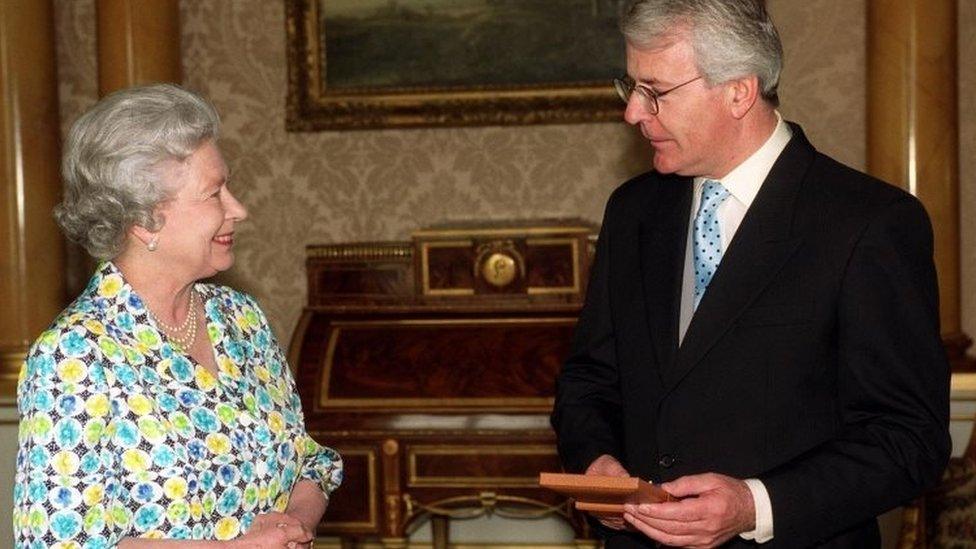
John Major rushed out news that the Queen had agreed to pay income tax, in an attempt to deflect media criticism in 1992, the files reveal
In the 1991 meeting, Mrs Thatcher made her views clear on Mr Major's decision to scrap the poll tax (officially known as the community charge), a policy that had triggered civil disobedience and riots, as well as a rebellion in the Conservative Party.
"Local authorities would draw the conclusion that it was such a bad tax they could put it up as much as they liked and blame the government," she said.
The National Archives in Kew, London, holds more than 11 million official documents, which are often opened as public records after 30 years. The government is reducing this timeframe to 20 years.
Other documents released by the National Archives reveal that:
Margaret Thatcher once refused to share a flight to Washington with London Zoo's male panda
She was warned against inviting former US president Richard Nixon to Downing Street in 1980 - six years after Mr Nixon's resignation over the Watergate scandal
John Major rushed out news that the Queen had agreed to pay income tax, in an attempt to deflect media criticism during her "annus horribilis" in 1992
European officials considered plans to write off billions of dollars of Soviet debt in return for nuclear disarmament
One of six men wrongly convicted of the Birmingham pub bombings branded the British legal system as unable "to spell the word justice"
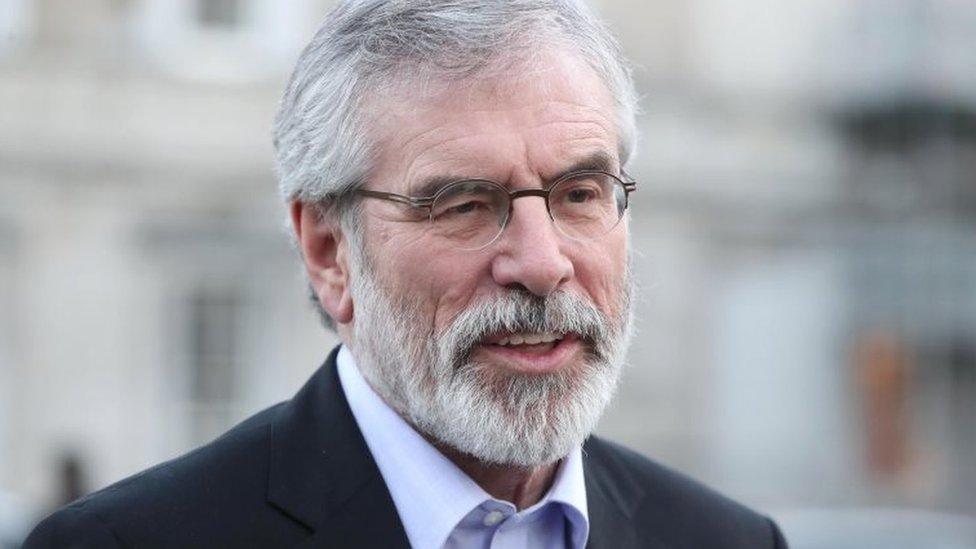
Sinn Fein leader Gerry Adams was reported to be working on a peace plan in 1987
But there are some files that have been held back from public release, including one file covering the creation of the euro.
About 100 documents remain unpublished, including files that cover the marriages of the Prince of Wales and the Duke of York, the Lockerbie bombing, the Scott arms-to-Iraq inquiry, and the basing of US cruise missiles in the UK.
The Cabinet Office said the files were held back to safeguard national security and protect the privacy of people who are still alive.
- Published30 December 2016
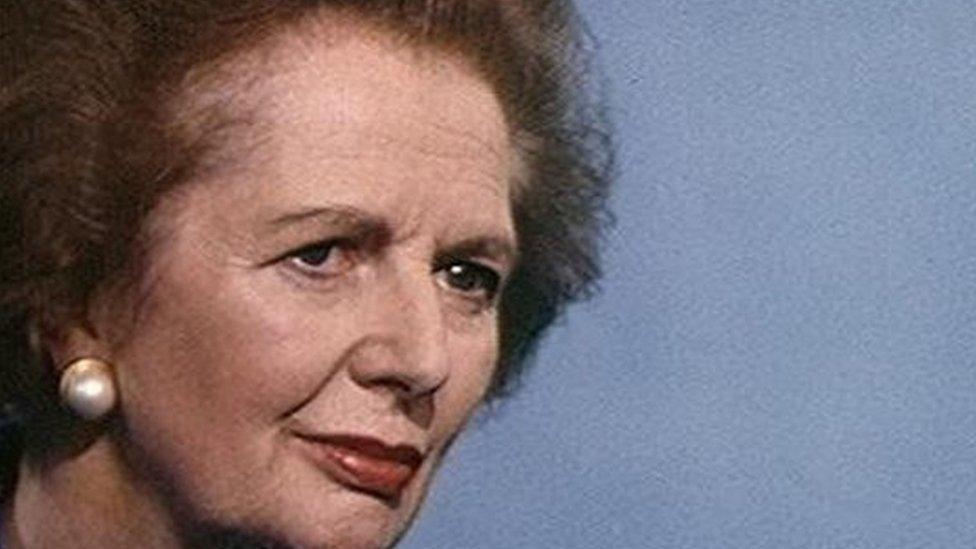
- Published29 December 2017
